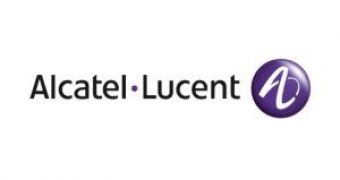Alcatel-Lucent announced that it is conducting field trials in Germany of several technologies to support next-generation broadband services. Part of an EASY-C (Enablers for Ambient Services and Systems Consortium) initiative, the testing involves wireless communication technologies expected to play key roles in future mobile networking standards.
Alcatel-Lucent's participation in the testing effort is focused on the introduction of multi-antenna transmission technology - known as MIMO (multiple input, multiple output) - that promises significant enhancements in data rates and network capacity, as well as innovative interference management techniques. For the project, Alcatel-Lucent is using a wireless communication infrastructure based on the new Long Term Evolution standard - the successor of UMTS/HSPA - to demonstrate the performance of multi-antenna methods and new control algorithms.
The MIMO method (invented by Alcatel-Lucent's Bell Labs) enables the delivery of much greater volumes of data in individual frequencies. For example, two transmitting and two receiving antennas can be used to transmit two independent data streams over the same frequency using space as an additional dimension - thus doubling the data rate. Raising the number of transmitter and receiver antennas increases the possible data rate proportionately. Thanks to MIMO, peak data rates of more than 100 Mbps can be achieved in a 20 MHz frequency band with the Long Term Evolution systems currently being standardized. MIMO technology in WiMAX was first demonstrated by Alcatel-Lucent earlier this year at the 3GSM Congress and further enhancements to achieve similar performances are being developed in 802.16m standardization.
Officially launched in April 2007 under the sponsorship of the German Ministry for Education and Research, the EASY-C project for cellular wireless communications will be exploring the practical feasibility of innovative mobile communications technology until the end of 2010. The best solutions will then be integrated in the 3GPP standardization efforts as well as possible future 4G standardization programs. The EASY-C field test environments will go live in the middle of 2008 at ten T-Mobile and Vodafone locations in central Dresden and a small sub-network in Berlin.

 14 DAY TRIAL //
14 DAY TRIAL //